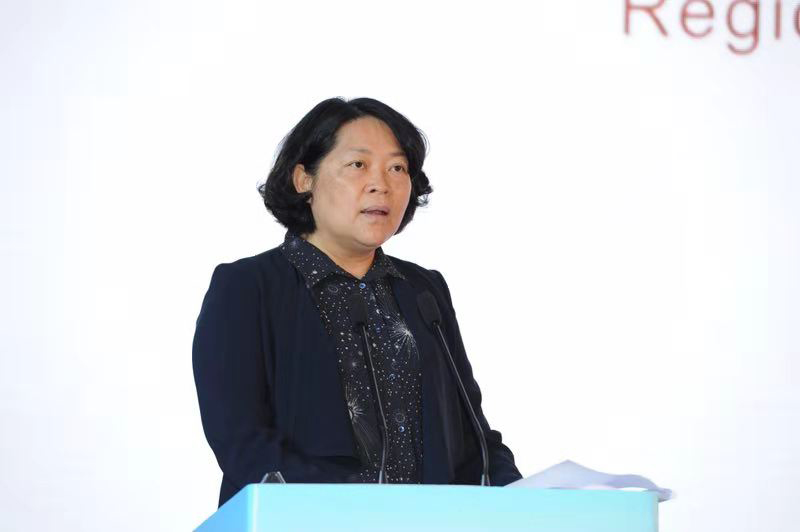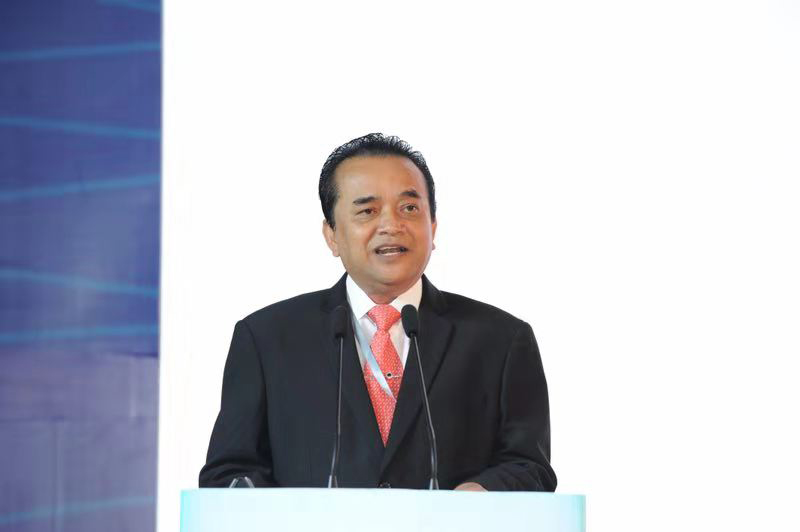The Sixth China-Southeast Asian Countries Marine Cooperation Forum held in Beihai, Guangxi Province
On November 16-17, the Sixth China-Southeast Asian Countries Marine Cooperation Forum was held in Beihai City. The Forum was co-hosted by the Ministry of Natural Resources (MNR) and the People's Government of Guangxi Zhuang Autonomous Region, and co-undertaken by the First Institute of Oceanography (FIO), MNR, the Fourth Institute of Oceanography (4IO), MNR, the People's Government of Beihai Municipality, and Oceanic Administration of Guangxi Zhuang Autonomous Region. Over 350 attendees were present at the Forum, including government representatives, experts, and scholars from China, Southeast Asian countries, and international organizations. The Forum was presided over by Qiao Fangli, Secretary of FIO. The speakers at the opening ceremony include: Yan Zhichan, a member of the Standing Committee of the CPC Committee and Vice Chairman of Guangxi Zhuang Autonomous Region, Saut Yea, Vice State Secretary of the Ministry of Environment of Cambodia, and Zhang Zhanhai, Director of the Department of Marine Strategic Planning and Economy, MNR.
In her speech, Yan Zhichan said that Guangxi is the only province and region that connects with Southeast Asian countries by land and sea, and an important portal to the Belt and Road. Bordering Southeast Asian countries, Guangxi and adjacent countries have much to offer each other and it is possible and necessary to engage in cooperation in many industrial fields.
In his speech, Saut Yea said that in today's world, the international community is giving priority to sustainable marine development and regional cooperation; and it is imperative for Southeast Asian countries to engage in environmental management, and marine and coastal region development. He said that Cambodia is ready to cooperate with China to boost exchanges and capacity building, and enter into cooperation in blue economy, marine ecological and environmental protection, the development and utilization of marine new energy, marine disaster prevention and mitigation, and in other fields. Cambodian representatives believed that the Forum would contribute to sustainable social and economic development in Southeast Asia by sharing results, data, and products of collaborative research.
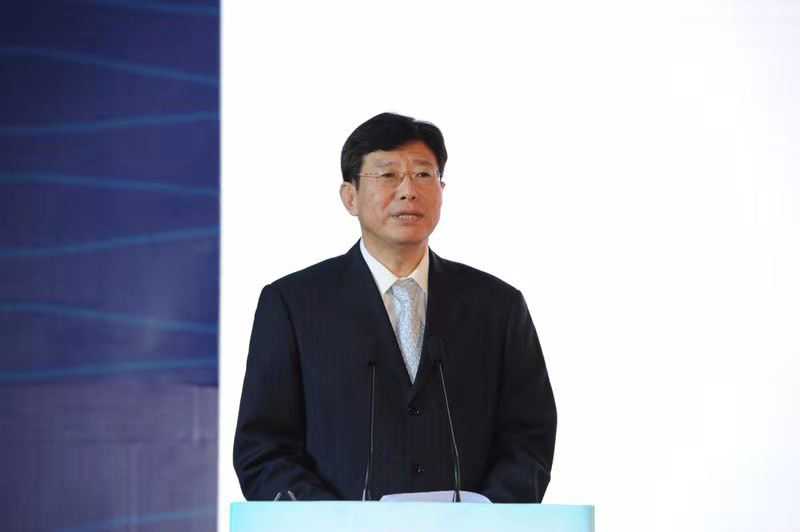 Zhang Zhanhai, Director of the Department of Marine Strategic Planning and Economy of the Ministry of Natural Resources, delivers a speech
In his speech, Zhang Zhanhai said that the ocean is essential to the very survival and development of mankind, ocean crises are common crises of all human beings, and countries in the region have reached consensus on the necessity of strengthening marine cooperation. In the future, China is willing to partner with Southeast Asian countries to leverage the Forum as an enabling platform, and will be committed to the development concept of "innovation, coordination, green development, openness, and sharing". It will keep improving forum mechanism construction, solidifying new models of regional marine cooperation, and expanding scope of exchanges and cooperation. It will work to build a closer blue partnership, in an attempt to shape a new future and layout of regional marine cooperation.
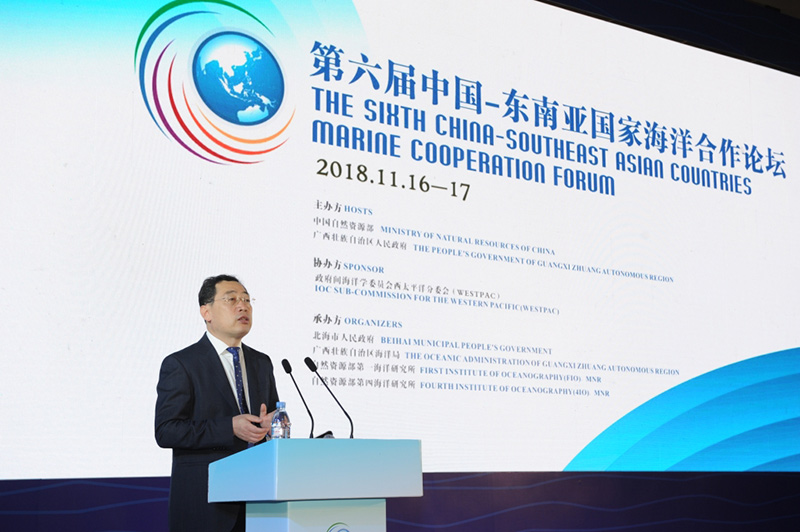 Qiao Fangli, Chairman of the International Organizing Committee of the Forum, presides over relevant activities At the Forum, representatives from Thailand, Indonesia, Cambodia, Malaysia, Myanmar, the IOC Sub-Commission for the Western Pacific (WESTPAC), and other countries and international organizations delivered keynote speeches. The Forum offered three sub-forums, namely, ocean observation forecast and services, marine biodiversity and ecosystem health, and investment and financing of marine and fishery industries. Attendees exchanged ideas on the theme "Innovation, Development, Win-Win".
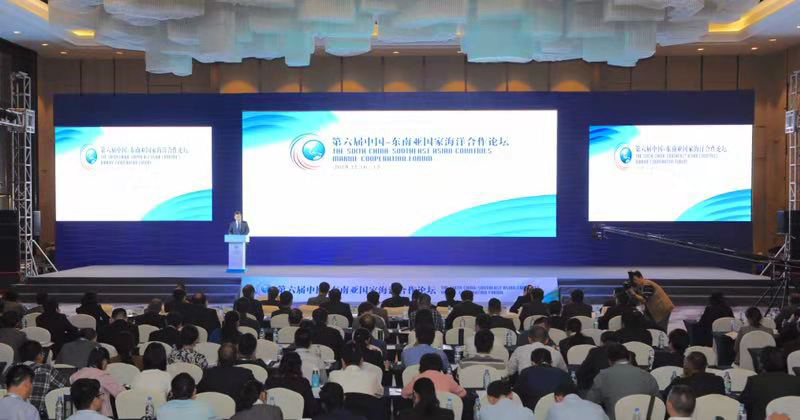 Scene of the Forum Since 2013, five sessions of the Forum have been held in Indonesia, Thailand, Qingdao of China, Cambodia, and Malaysia respectively. This session witnessed the largest attendance and gave full play to its role as a platform of marine exchanges and cooperation between China and Southeast Asian countries. At the Forum, attendees further explored and expanded the scope of marine exchanges and cooperation between the two sides, which will contribute to the common marine development of the relevant countries.
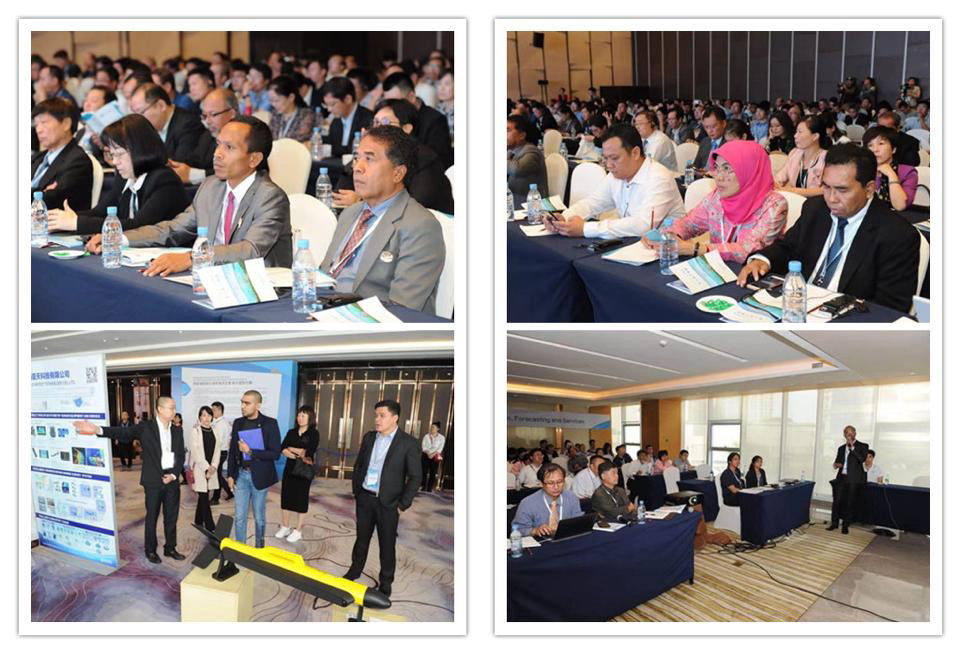 The 21st century is a century of ocean, which holds the potential, hope and future of world development. FIO started to cooperate with Southeast Asian countries early in 2006. Over the years, FIO has established sound bilateral and multilateral cooperation featuring solid foundation and diverse forms with 10-odd countries, including Indonesia, Thailand, Malaysia, Cambodia, and Myanmar, the IOC Sub-Commission for the Western Pacific (WESTPAC), Partnerships in Environmental Management for the Seas of East Asia (PEMSEA), and other international organizations. Within the region, FIO has established Indonesia-China Center for Ocean and Climate (May 2010), UNESCO/IOC-ODC (June 2011), China-Thailand Joint Laboratory for Climate and Marine Ecosystem (April 2012), FIO-UM Joint Center of Marine Science & Technology (December 2017), laying a solid foundation for its marine cooperation with neighboring countries. What's more, FIO has made over 100 bilateral or multilateral marine science joint cruises and field surveys, and offered 20-odd bilateral or multilateral trainings, benefiting nearly 400 young researchers in Southeast Asia. FIO has developed China's first deep-sea buoy-"Bailong" buoy and Southeast Asia Ocean Environment Forecast and Disaster Warning System (OFS). It has also promoted system construction in Thailand, Malaysia, and other countries and realized real-time monitoring with OFS system.
|



